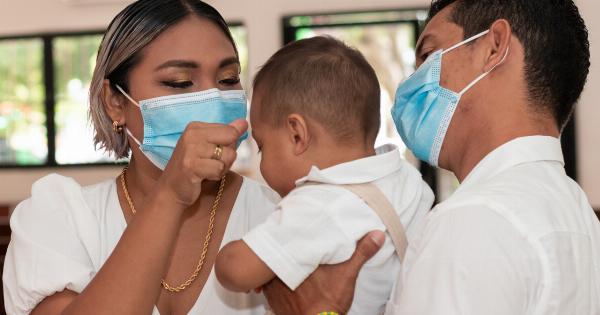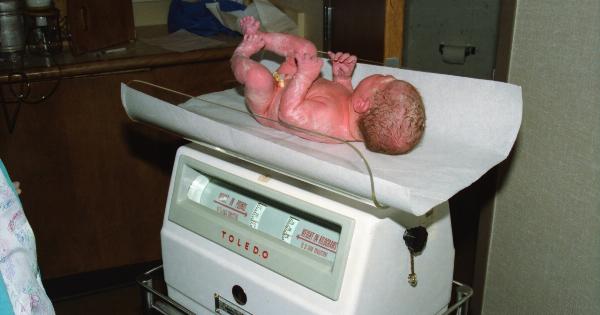Pregnancy is an incredible time in a woman’s life. Not only are you growing a tiny human inside of you, but you get to experience a whole range of new sensations and emotions.
One of the most exciting milestones of pregnancy is feeling your baby’s first kicks. In this article, we’ll explore what those first movements feel like, when you can expect to feel them, and what they mean for your growing baby.
When Do Babies Start Kicking?
Most women feel their baby’s first movements, also known as “quickening,” between 16 and 25 weeks of pregnancy. However, this can vary depending on a number of factors, including the position of your placenta and the size of your baby.
If you’re a first-time mom, you may not recognize the sensations right away, as they can feel like gas or digestion at first. But as your baby grows and those movements become more distinct, you’ll start to feel the unmistakable flutter of tiny feet.
What Do Baby Kicks Feel Like?
Every woman’s experience with baby kicks is unique. Some describe it as a fluttering or butterflies in their stomach, while others say it feels like popcorn popping or a light tapping.
As your baby grows and gains strength, the movements will become more pronounced and may even start to feel like jabs or nudges. You may also notice patterns in your baby’s movements, such as increased activity in the evening or after you eat.
What Do Baby Kicks Mean?
Feeling your baby move is an important sign of their growth and development. It means that your baby’s nervous system is maturing and that they’re getting stronger every day.
It’s also a reassuring sign that your pregnancy is progressing as it should. However, the absence of movement can also be a sign of potential problems, so it’s important to pay attention to your baby’s kicking patterns and talk to your doctor if you notice any changes.
Why Do Babies Kick?
Baby kicks serve a number of functions. For one, they help your baby’s muscles and bones develop by providing a mini workout.
Kicking also helps your baby stretch and move around in the amniotic fluid, which can help them develop coordination and balance. Additionally, movement is believed to play a role in brain development by providing sensory input to the developing nervous system.
What Can Affect Baby’s Movements?
There are a number of factors that can affect your baby’s movements, including:.
- Your Baby’s Sleep Patterns: Just like adults, babies need sleep too. You may notice that your baby is less active during certain times of day or when they’re sleeping.
- Your Activity Level: Physical activity can cause your baby to move around more. Conversely, if you’re sitting or lying still for an extended period of time, your baby may be more dormant as well.
- Your Diet: Eating a meal or drinking a cold beverage can cause a surge of activity from your baby.
- Your Baby’s Position: As your baby grows and changes position, their movements may become more or less pronounced. For example, if your baby is facing your spine, their kicks may not be as noticeable at first.
What Should You Do if You’re Not Feeling Baby Move?
If you’re worried about your baby’s movements, it’s always best to trust your instincts and talk to your doctor.
They may recommend doing “kick counts,” which involve monitoring how long it takes for your baby to move a certain number of times. If your doctor suspects there may be an issue, they may perform additional tests or ultrasounds to check on your baby’s health.
The Bottom Line
Feeling your baby kick for the first time is a truly amazing experience. Whether it’s your first pregnancy or your fourth, those little movements are a reminder of the miracle of life and the incredible bond you share with your child.
If you have any concerns about your baby’s movements or development, don’t hesitate to talk to your healthcare provider, who can help put your mind at ease and ensure a healthy pregnancy and delivery for you and your baby.





























